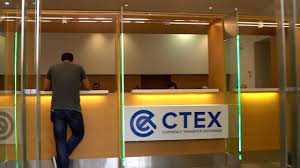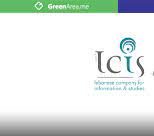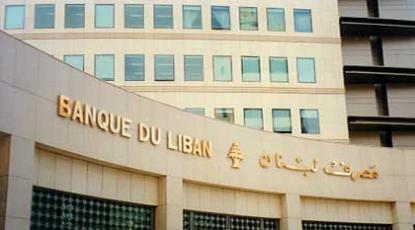
Lebanon’s central bank said Thursday it has frozen the accounts of a foreign exchange trader and his sons, after the US sanctioned them this week over links to Hezbollah.
The central bank “took a decision to freeze all the accounts” of Hassan Moukalled as well as those of his sons Rayyan and Rani and two businesses that he owns, it said in a statement.
The US Treasury had issued the sanctions on Tuesday, calling Moukalled “a corrupt money exchanger whose financial engineering actively enables” Hezbollah and its interests.

Moukalled, who presents himself as a finance expert, often appears on Lebanese television.
The US Treasury said he serves as a financial adviser to Hezbollah, a powerful Shiite movement that is backed by Iran.

It said he works “in close coordination with senior Hezbollah financial officials to help Hezbollah establish a presence in Lebanon’s financial system” and that he has carried out business deals on behalf of the group throughout the region.
Moukalled has previously acknowledged having acted as an intermediary in indirect negotiations between the central bank and Hezbollah, after authorities launched a crackdown on hundreds of bank accounts linked with the group in 2016.
The United States has also slapped sanctions on two of his business interests: the Lebanese Company for Information and Studies (LCIS), and CTEX, a money exchange company.
Lebanon’s central bank had granted CTEX a licence to transfer money within Lebanon and abroad in 2021, and within a year the company was “reportedly collecting millions of US dollars for the Central Bank of Lebanon,” the US Treasury said.
Moukalled denied the US allegations against him in a statement Thursday, saying that “any talk about CTEX being a financial front for any political party… is nothing but a figment of the imagination.”
Lebanon has been in the throes of an economic crisis dubbed as one of the worst in recent world history by the World Bank.
The financial meltdown resulted in a shortage of hard currency, allowing money exchange businesses to flourish as the local currency, the pound, lost more than 95 percent of its market value against the greenback.
AFP/ Barrons


Leave a Reply
You must be logged in to post a comment.